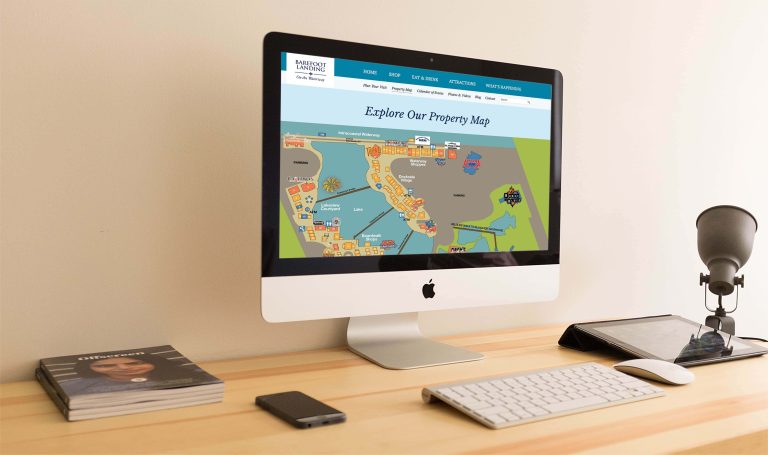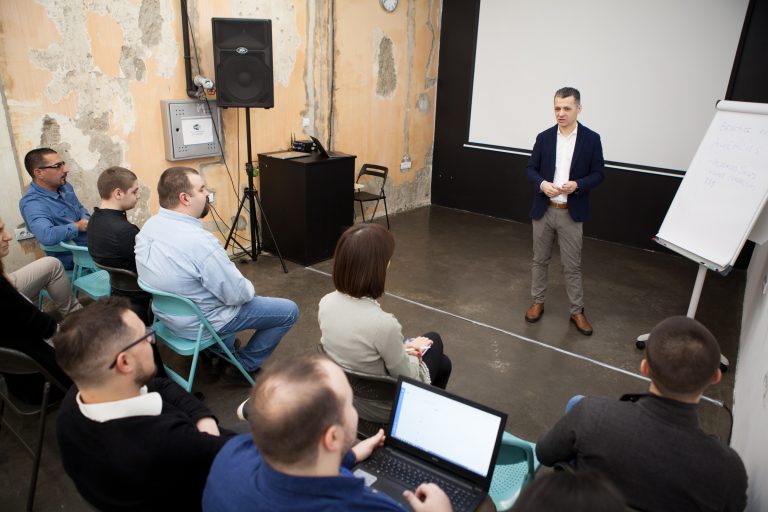
Custom WordPress Development – Benefits, Process, Cost
Introduction
In the right hands, WordPress’s many functionalities can be tailored to meet many clients’ specific requirements on a budget. This is what custom WordPress development aims to achieve.
This article explores custom WordPress development’s benefits, processes, and costs. It offers an honest, informed look at custom WordPress development, comparing it to coded websites and off-the-shelf solutions. We also break down the roles of project managers, designers, and testers in the development process and cost variations. Understanding these aspects will help you make an informed decision and recognize the strategic value of opting for a custom WordPress solution for your business.
What Does Custom WordPress Website Development Stand for?
Custom WordPress Website Development involves creating a personalized website using the WordPress platform.
It allows businesses to have full control over their custom WordPress web design, functionality, and features. Unlike pre-built templates, custom development ensures the website aligns with every user’s specific goals, target audience, and brand identity.
The process includes analysis, planning, design, development, testing, deployment, and ongoing maintenance. Custom WordPress websites offer a competitive edge by optimizing performance, search visibility, and user engagement, resulting in a distinct online presence tailored to business needs.
What Is the Difference Between Custom WordPress Website Development and WordPress Themes?
Custom WordPress development is the process of creating a website from scratch, following a pre-existing plan that is different for every business. It offers complete control and unlimited customization options regarding the website’s custom WordPress design, functionality, and features.
WordPress themes, however, are pre-designed templates that center convenience and quick setup, but with limited customization capabilities. It ensures a unique and tailored online presence, while custom WordPress theme development offers a simpler and faster solution.
The choice between the two depends on the level of personalization and flexibility required for the website and a business’s specific goals and branding ambitions.
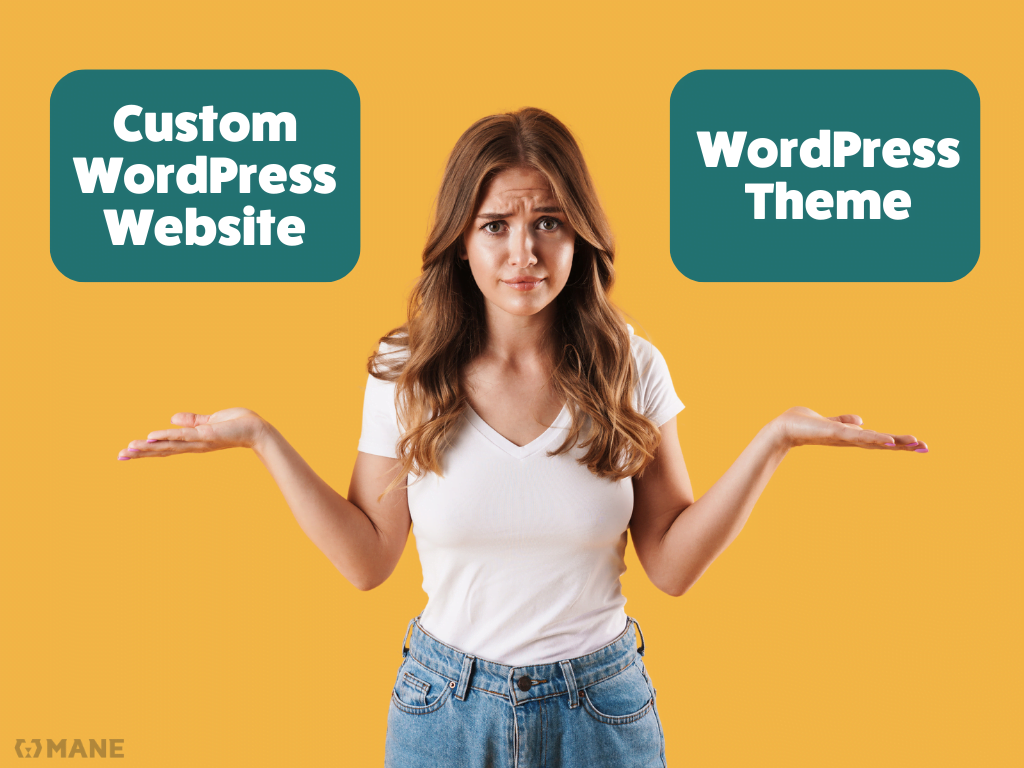
What Is the Difference Between a Custom WordPress Website and Coded Website?
A custom WordPress website is built on the WordPress platform by personalizing its themes. It offers the advantage of a user-friendly interface, a large plugin library, and regular platform updates. Its development involves customizing existing themes or creating new ones to meet specific requirements. Ultimately, a WordPress website reduces the user’s reliance on custom coding and development.
In contrast, a coded website is built from scratch using programming languages such as HTML, CSS, JavaScript, and server-side scripting languages. With significantly higher customization options, it provides more in-depth control over a website’s design, functionality, and performance, independent of any specific CMS or framework. Implementing custom features and functionalities has to be done by highly skilled web developers.
What Is the Difference Between a wordpress.org and a wordpress.com?
Hosting and the level of control. WordPress.org, or self-hosted WordPress, allows users to download and install WordPress software on their web servers. This choice grants full autonomy over the website, enabling it to tailor its various aspects, such as themes and e-commerce plugins.
On the other hand, WordPress.com is a hosted platform where users can create a website without needing separate hosting. It offers a simplified setup but with limited control and customization options.
While WordPress.org requires technical knowledge and maintenance, WordPress.com is more user-friendly but has certain restrictions.
What Are the Advantages of Custom WordPress Website Development?
Custom WordPress website development offers numerous benefits, braving overwhelming customization options that reflect the user experience. Let’s explore the way a custom WordPress solution impacts website users and business owners alike:
1. Speed optimization
Streamlined coding practices and tailored speed optimizations help with faster loading times and improved website performance. A custom WordPress website can provide a smooth and fast user experience through optimized code, caching techniques, and efficient resource management.
2. Less code
By only using the necessary code, there’s no danger of any unnecessary bloat or excess functionality. This approach ensures cleaner code, improved website efficiency, and faster loading times. Reducing code complexity makes maintenance and debugging quicker and more efficient.
3. Customized website to your needs
Your business can create a website that precisely meets its unique needs and requirements. It enables customization of design, features, and functionalities, providing a tailored online presence that reflects the brand identity and caters to the target audience’s expectations.
4. Unique UI
A custom WordPress website enables the creation of a unique and visually appealing user interface (UI). Design elements, layouts, and navigation can be customized to deliver an engaging and memorable user experience. This uniqueness helps the website stand out from competitors and leaves a lasting impression on visitors.
5. Full control
Contrary to using pre-designed themes or templates, businesses have the flexibility to modify and extend their website’s functionalities to match the evolving needs of their company.
This ensures that the website can adapt and scale alongside the growth and changes of the business. Complete control over the website’s updates also helps with online safety and cybersecurity, making the website less susceptible to cyber-attacks.
6. Scalability
As businesses evolve and requirements change, a custom-built website can easily adapt and scale to meet new demands. This flexibility enables businesses to add new features, incorporate third-party integrations, and handle increasing traffic without significant disruptions. Handling an increasing user volume as well as user expectations in a fast-paced digital landscape becomes relatively quick and easy.
Steps in the Custom WordPress Website Development Process
The custom WordPress development process involves several key milestones a client should stick to, in order to ensure the successful creation of a tailored website. Each step contributes to creating a unique, functional, and user-friendly online space that aligns with the business’s objectives and delivers an exceptional online experience. Check out the steps:
1. Defining goals and making a project plan
Start with defining your project goals, target audience, and desired functionalities. Conduct thorough research and try to assess the project scope, timeline, and budget based on competitor and market analysis.
2. Creating site navigation and sitemap
During this phase, you should start making a clear outline of the website’s structure, navigation, and sitemap are developed. You should determine different page structures, page categories, and a logical content hierarchy, ensuring intuitive and user-friendly navigation. A well-designed sitemap helps you organize information and facilitates an optimized user experience.
3. UI and UX design
The UI and UX design phase focuses on creating a visually appealing and user-centric interface. Designers work on wireframes, mockups, and prototypes to establish the website’s layout, color scheme, typography, and visual elements. The goal is to deliver an engaging user experience, emphasizing usability and accessibility.
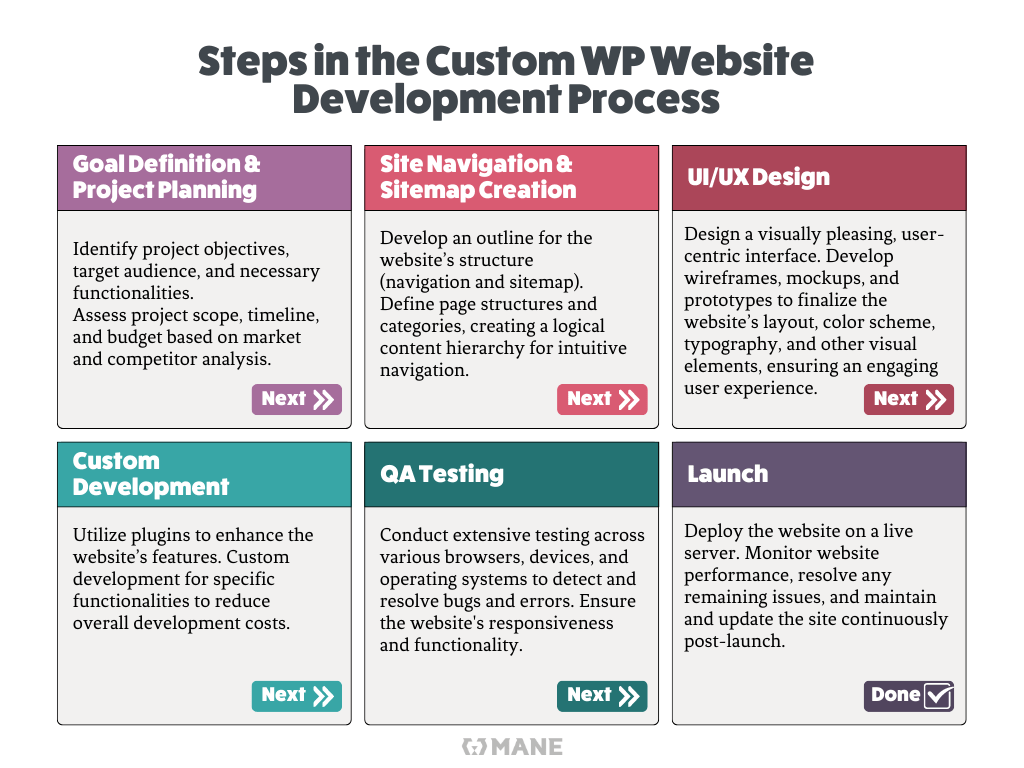
4. Custom Development
While custom development may still be required for specific features or functionalities, WordPress offers a wide range of plugins that can be easily integrated. These plugins can enhance the website’s capabilities without the need for costly custom coding. Businesses can leverage the WordPress plugin ecosystem to add functionality without incurring excessive development expenses.
5. QA testing
Quality assurance testing is essential to detect and fix bugs, errors, or compatibility issues. The website undergoes testing on various browsers, devices, and operating systems to ensure it is responsive and functions properly. Thorough testing guarantees a seamless user experience and optimal performance. This step also is key to reducing any future debugging and scaling costs.
6. Launch
After successful testing and client approval, the website is ready for launch. It involves deploying the website to a live server, configuring necessary settings, and performing final optimizations. Post-launch activities include monitoring website performance, resolving any remaining issues, and implementing ongoing maintenance and updates.
Roles Each WP Project Should Have
Custom WP developments require strength in numbers that is relatively low compared to a coded website crew. Still, there ought to be a clear structure and hierarchy of the key professionals to put a user-friendly website with consistent branding together:
Project manager: oversees the entire WordPress project, ensuring it is delivered on time, within budget, and according to the client’s requirements.
Business analyst: gathers and analyzes the client’s business needs and translates them into functional requirements for the WordPress project, ensuring that the website meets the business objectives.
UI/UX designer: creates an appealing and user-friendly interface for the WordPress website, ensuring a seamless user experience and effective visual design.
WordPress developer: specializes in developing WordPress customized themes, plugins, and functionality for the WordPress website, making sure that it aligns with the client’s requirements and is optimized for flawless performance.
QA tester: conducts thorough testing of the WordPress website to identify any bugs, errors, or issues, ensuring its functionality, usability, and compatibility across different devices and browsers.
DevOps: focuses on the deployment, configuration, and maintenance of the WordPress project, ensuring smooth operations, security, and efficient management of the website’s infrastructure.
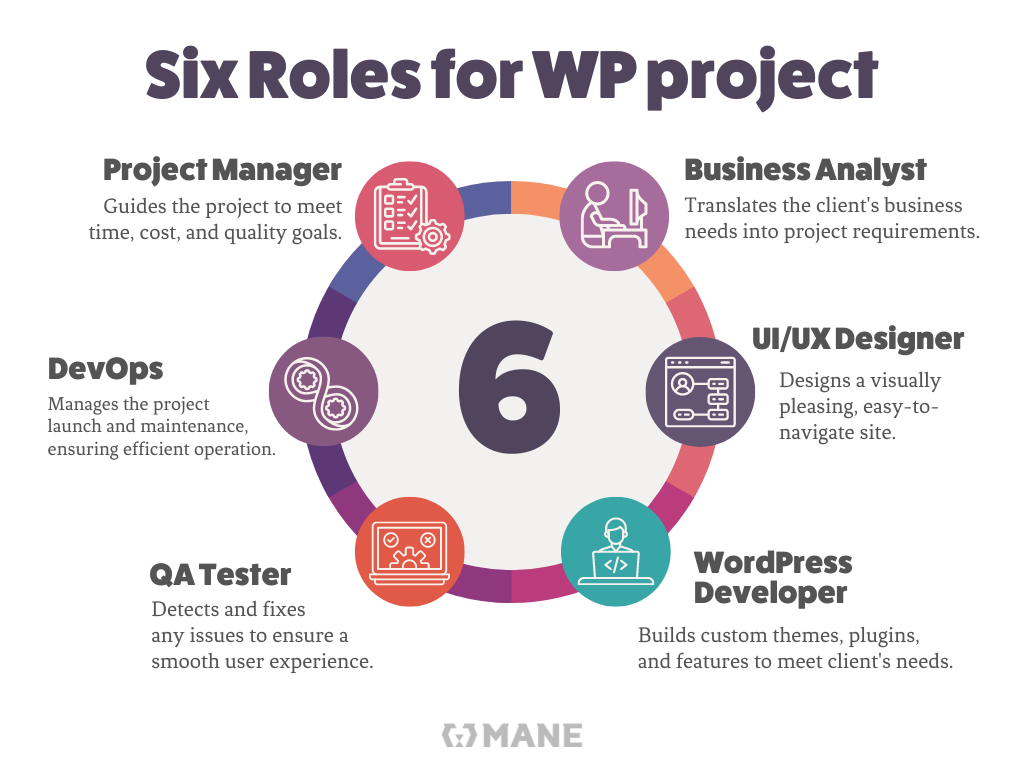
How Much Does It Cost to Develop a Custom WordPress Website?
There are a few key elements to consider when it comes to mandatory WordPress costs.
Hosting fees for an average website typically range around $12 per month. Additionally, purchasing a domain name is necessary, and bundling it with hosting can often lead to discounted pricing. If your hosting doesn’t include it, an SSL certificate for security might be required.
As for developers, it’s advisable to have at least one engaged, whether for assistance or to handle the entire website creation. Their rates vary based on multiple factors. On the optional side, themes (around $59) offer benefits like 24/7 support, while plugins provide various features, with paid options typically offering better support in case of issues. Check out our articles comparing WordPress to off-the-shelf website development solutions like Squarespace and Wix.
What Is the Process of Finding a Company That Can Be a WordPress Development Partner?
1. Define budget and needs
Start by clearly defining your budget and the specific needs of your WordPress development project. This will help you narrow your search and find a company that meets your requirements within your budget.
2. Take a look at Google
Begin your exploration by using search engines like Google to find WordPress development companies. Pay attention to the top search results and explore their websites to gather information about their services, expertise, and experience.
3. Find those that offer services you need (e-commerce, blogging, lead gen)
Focus on finding companies that specialize in the specific services you require. Whether it’s e-commerce, blogging, or lead generation, prioritize companies with expertise in those areas to ensure they have the necessary knowledge and skills for your project.
4. Check out their prior clients and their testimonials
Take the time to review the portfolio and testimonials of each company. Look for past clients in similar industries or with similar project requirements. This will give you an idea of their track record and the quality of their work.
5. Contact a few companies
Reach out to a select few companies that have caught your interest. Initiate communication via email or phone to inquire further about their services, discuss your project requirements, and get a sense of their responsiveness and professionalism.
6. Request a quote
Ask the shortlisted companies for a detailed quote outlining the work scope, timeline, and associated costs. This will help you compare the offerings and determine if their pricing aligns with your budget.
7. Make an appointment with each of them
Schedule appointments or virtual meetings with the companies you are seriously considering. This allows for more in-depth discussions about your project, clarifications on any concerns, and a chance to assess their communication and collaboration style.
8. Make a decision
Consider factors such as their expertise, portfolio, testimonials, responsiveness, and how well they understood your project needs. Assess their professionalism, ability to meet deadlines, and overall fit for your business.
Based on these factors, decide which company will be the best WordPress development partner for your project.
Why is MANE Digital a Reliable WordPress Development Partner?
Founded in 2007, MANE Digital leverages years of lucrative web design and development partnerships. Its highly customized, effective WordPress solutions empower businesses worldwide, helping them thrive in the digital landscape.
With its teams of agency experts, MANE Digital has served clients such as Heineken, Kobalt, and the National Center for Families Learning, helping them create remarkable digital experiences.
As a state-of-the-art custom WordPress development company, MANE Digital boasts a team of experienced, creative designers and developers. As an official partner of WooCommerce, MANE Digital also demonstrates its expertise in custom e-commerce development, providing clients with reliable solutions for their online stores.
Conclusion
Custom WordPress development services offer businesses a range of benefits and advantages, with the ability to create unique and tailored websites. Its ability to align with each user’s requirements enables businesses to grow and develop safely while maintaining stellar user experiences. Most of all, custom WordPress development gives businesses full control over their online presence.
WordPress’ streamlined development process and custom themes and plugins make it a cost-effective, attractive choice for businesses of all sizes. By leveraging the power of custom WordPress development, companies can create a professional, functional, and visually appealing website that stands out in the digital landscape and helps drive their success.


